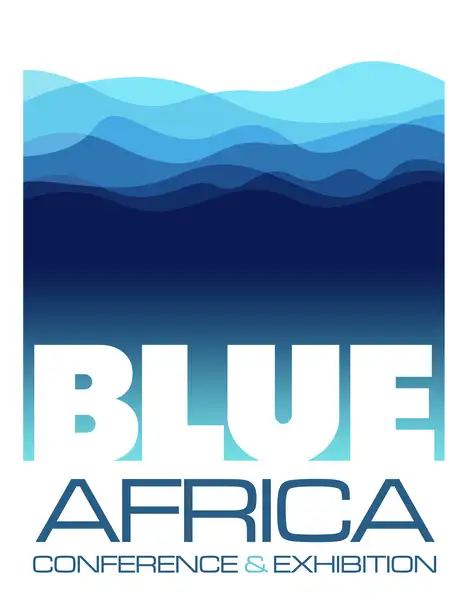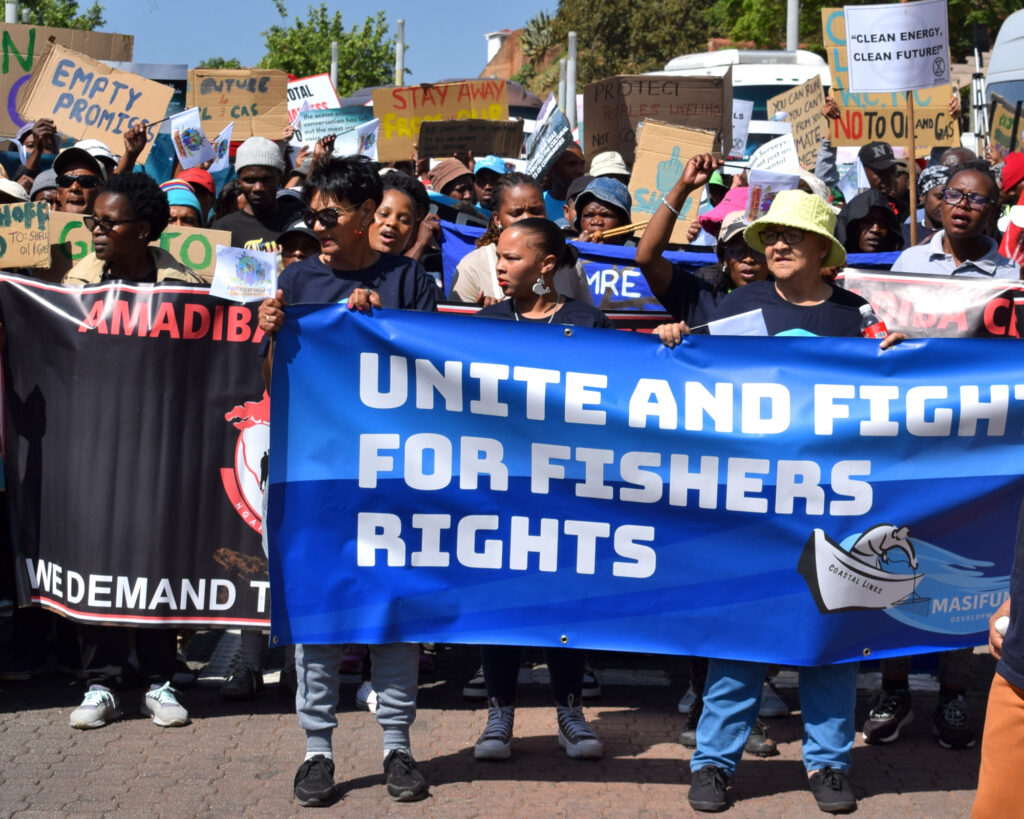The court’s ruling is expected to set a binding precedent for future energy and mining projects in South Africa.
by Blue Africa News
A “historic showdown” is unfolding at South Africa’s Constitutional Court (ConCourt) where fishing communities along the country’s (eastern) Wild Coast are challenging Shell, Impact Oil and Gas and the Department of Mineral Resources and Energy over their constitutional right to socio-economic development linked to the use of natural resources.
Backed by environmental organisations, the Wild Coast fisher communities argue that an order of the Supreme Court of Appeal (SCA) allowing Shell to renew its exploration right was incorrect and should not stand.
Impact Oil and Gas is majority owned by Toronto-listed Meren Energy, a Nigeria deepwater oil and gas player, and minority owned by Hosken Consolidated Industries (HCI).
The High Court in 2022 found the right to be unlawful due to inadequate community consultation and halted the seismic exploration, before Shell, Impact Africa and the Minister of Mineral Resources and Energy appealed the judgment, with the two companies applying to renew the exploration right. The Supreme Court of Appeal judged that the companies be allowed to apply for the right a third and final time. Now the fisher and environmental communities are at the Constitutional Court calling for that judgement to be struck down.
At the heart of the case is the push for an “effective” public participation exercise to inform the renewal or none-renewal of the exploration right.
Shell, Impact Africa and the Minister of Mineral Resources are opposed to a public participation exercise during the renewal process, arguing that “by interpreting the legal requirements read together with the SCA judgment, should suffice in curing the initial inadequacies of their exploration right application, and be sufficient to remedy the infringement of Constitutional rights and environmental laws.”
According to organizations behind the ‘Right to Say No’ campaign which has been mobilising communities across the country, the case is not just about seismic blasting, but also about development choices for the entire nation.
“For the first time in history, fishing communities are taking their fight all the way to the Constitutional Court,” the organizations, among them Natural Justice, said in a joint statement.

Activists gather during the hearing of the case. Photo courtesy: Natural Justice
“They are standing up to defend their constitutional right to be heard, especially when their customary rights are threatened, while advancing their socio-economic rights linked to the use of natural resources, as well as their environmental and cultural rights guaranteed by the Constitution and related legislation.”
Delme Cupido, Hub Director at Natural Justice said they are hopeful that the Constitutional Court will hear the plea for Justice from the communities on the Wild Coast.
“This coastline means so much to so many people in South Africa. It is a source of their livelihoods, and of a sacred, spiritual and cultural connection to their ancestors and their human dignity, and much more that is of intangible, incalculable value,” he added, accusing Shell for only valuing the “profit they can extract from its rich waters.”
For Siyabonga Ndovela, Wild Coast resident, the march and singing with different organizations outside the courtroom demonstrated the importance for coastal communities of being part of the Constitutional Court.
“People from fishing communities across the country had the chance to share their different struggles,” added the resident.
The Constitutional Court’s ruling is expected to set a binding precedent for future energy and mining projects, likely reshaping the country’s approach to development along its coastlines.
Oliver Ochieng, Blue Africa News

